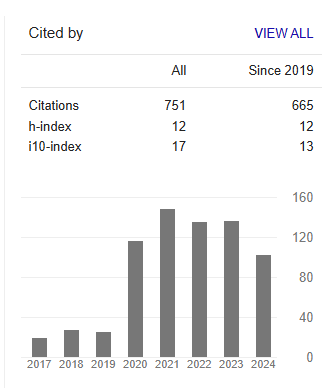Prevalence of Brucellosis in livestock owners in Northern Red Sea Region, Eritrea: Community Knowledge, Attitude and Practice.
Abstract
Efrem Ghebremeskel, Berhe Tesfai, Fitsum Kibreab, Samuel Weldegebriel, Abraham Dawit, Zemui Mekonen, Weldeyesus Belay, Hagos Milkyas,Esayas Tseghehannes, Michael K. Ghebremariam, Gezahegne Mamo
Background: Brucellosis is an infectious zoonotic disease broadly spread worldwide. Brucellosis is endemic in Eritrea, however the prevalence rate, knowledge and practice of brucellosis among the livestock owners in the study area is unknown. The objective of this study was to determine the prevalence of brucellosis in livestock owners and evaluate the level of knowledge and practice of the community in Northern Red Sea region, Eritrea.
Methods: Community based cross sectional study was conducted from October 2020 to February 2021, where a total of 637 livestock owners from 29 villages were sampled for blood and data collection. Blood samples were tested using RBPT and positive samples further confirmed using c-ELISA. Data were collected using structured questionnaires.
Results: A total of 637 respondents were enrolled in the study. Study participants were dominated by males (74.9%), Tigre ethnic (73%) and farmers (70.5%). The overall sero-prevalence of brucellosis in the study area was 2.4% (95% CI:1.3 - 3.6) with the highest rate in Ghindae (3.9%). The comprehensive knowledge and practice was 58.4% and 10.5%, respectively.Comprehensive knowledge showed significant association with sub-region and age, while good practice indicated significant association with age (P=0.000). Sub-region Ghindae indicated odds (OR)of 3.27 (P=0.001) for comprehensive knowledge and odds of 3.12 (P=0.000) for good practice. Age group of ≥60 years revealed odds of 4.40 (P=0.000) for comprehensive knowledge.
Conclusion: The overall sero-prevalence of brucellosis in livestock owners in the study area was low, but considerable higher in some spot areas. The participants showed good level of knowledge but poor practice. Study sub-region and age were important factors associated with comprehensive knowledge and good practice of the participants.Respondents from Sub-region Ghindae showed relatively higher level of prevalence rate, comprehensive knowledge and good practice to wards brucellosis.
The study recommends urgent educational campaign to increase the community knowledge and improve their good practice habit on brucellosis. Conduct regular testing of animals and implement feasible control measures against brucellosis.



